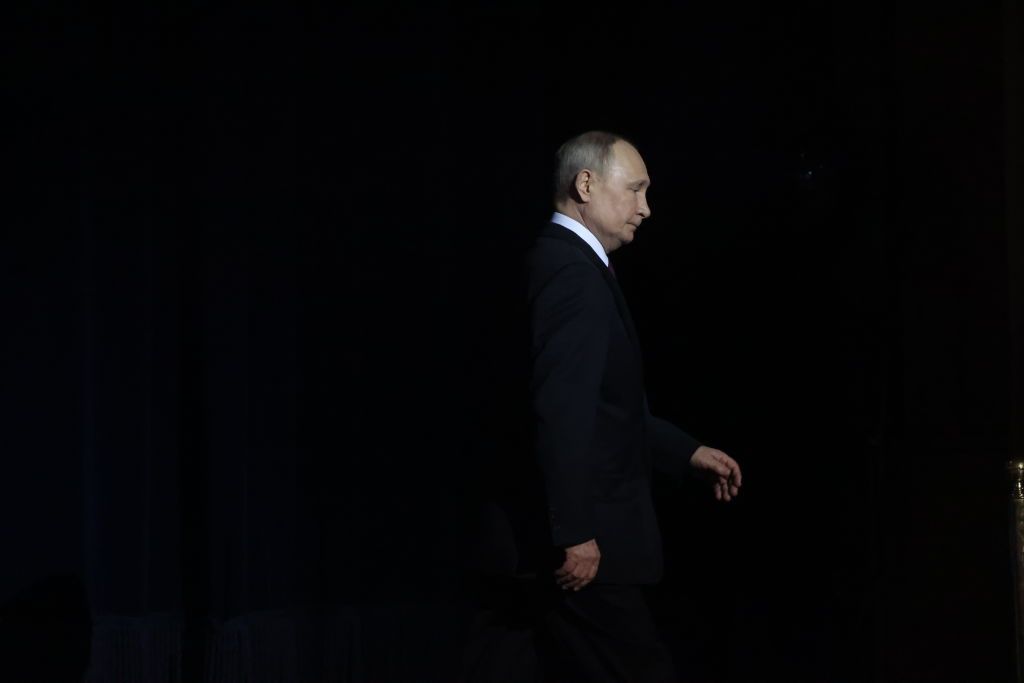The March 22 mass shooting in Moscow has led to concerns of a new wave of terror and oppression in Russia. Russian politicians and propagandists are calling for the reinstatement of the death penalty, which could be used not only against terrorists but also peaceful opposition. This has also fueled a new wave of xenophobia in the country, particularly against Central Asian migrants who work in Russia. The attack, which resulted in the death of 143 people, is the deadliest terrorist incident in Russia since 2004 and has raised fears of increased state terror and authoritarianism in the country.
The descent of Russia into totalitarianism has been a gradual process over the past decade, characterized by the erosion of civil liberties and the promotion of aggressive nationalism by the Kremlin. The attack in Moscow has been used by Russian officials for propaganda purposes, with some blaming Ukraine despite no evidence of their involvement. The attack, claimed by the Islamic State, has exposed the failure of Russian security services to combat terrorism effectively. There are concerns that the attack could be used as a justification for further repressions, xenophobia, and authoritarianism in Russia.
The possibility of reinstating the death penalty for terrorists has been raised by Russian politicians in response to the Moscow attack. This move has been criticized as a potential tool for targeting not only terrorists but also peaceful opposition figures. The Kremlin’s focus on Ukraine as the main enemy has also been seen as a reason for the failure of Russian security services to prevent terrorist attacks. The attack has also raised speculation about Russia escalating its aggression against Ukraine and using the incident as a pretext for further military actions in the region.
The Islamic State’s increasing activity against Russia, particularly in the Central Asia region, poses a major security threat. The ISIS-K group has a substantial base among Afghani Tajiks and Uzbeks and has been recruiting ethnic Tajiks in neighboring countries like Tajikistan and Uzbekistan. Russia’s military presence in the region aims to protect against Islamism but could inadvertently fuel further instability and terror attacks. The attack in Moscow has highlighted the vulnerabilities in Russian security services and their focus on Ukraine rather than Islamist threats in the region.
The Moscow attack and the response by Russian officials have fueled concerns about a potential crackdown on the opposition and civil society in the country. The emphasis on combating terrorism has overshadowed the broader issues of human rights abuses and authoritarianism. The resurgence of ISIS-K and its focus on Russia as a target highlight the ongoing security challenges faced by the country. The attack has also led to a rise in xenophobia against Central Asian migrants in Russia, exacerbating existing social tensions and discrimination. Overall, the Moscow attack has exposed the weaknesses in Russia’s security apparatus and the potential for further repression and violence in the country.
Despite the potential for increased state terror and oppression in Russia following the Moscow attack, there are concerns about the country’s ability to secure itself from further attacks. The Kremlin’s focus on Ukraine as the main enemy has diverted resources away from combating terrorism effectively. The attack has also highlighted the threat of ISIS-K in the Central Asia region and the potential for further destabilization. The Moscow incident has brought to light the complexities of Russia’s security challenges and the need for a more comprehensive approach to combating terrorism and protecting civil liberties in the country.


